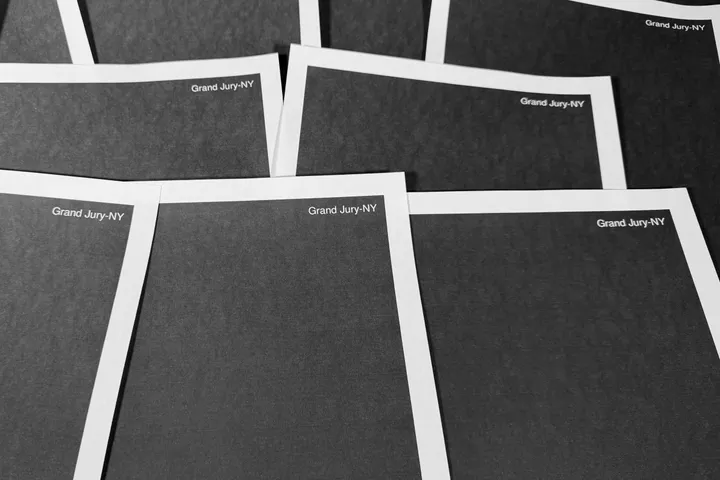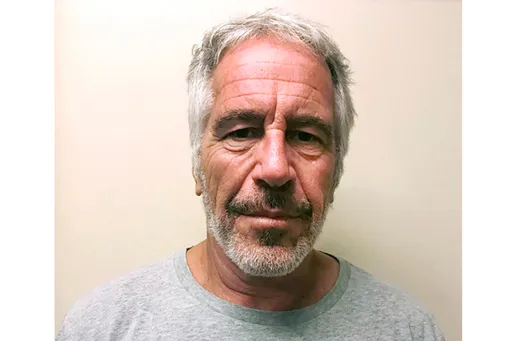The Greek island of Crete has just hosted the opening of first major international gathering of Orthodox Christian leaders to take place since the year 787 c.
Beginning on Sunday in the city of Heraklion, the week-long "Holy and Great Council" summit has brought together Orthodox church leaders from all around the world representing a diaspora of some 300 million people.
Istanbul-based Ecumenical Patriarch Bartholomew led around 170 attendees including Patriarch Theodoros II of Alexandria and All Africa, Archbishop Rastislav of Czech Lands and Slovakia, Archbishop Anastasios of Albania and Archbishop Chrysostomos II of Cyprus in prayers marking the opening of the summit.
The summit aims to improve unity between the churches, but Patriarch Kirill of Moscow, who represents almost half of all Orthodox Christians worldwide, notably stayed away from the meeting, as did the patriarchates of Bulgaria, Georgia and Antioch.
The Syria-based Antioch Patriarchate did not attend due to an ongoing dispute with the Jerusalem Patriarchate over the jurisdiction of Orthodox Christians in Qatar.
Announcing his non-attendance on Friday, Patriarch Kirill criticised the lack of organisation behind the meeting despite 55 years of preparation, adding that he hoped to attend a better-organised meeting at a later date that will include all Orthodox Christian churches.
Despite the Russian no-show, Archbishop Chrysostomos II of Cyprus expressed his optism saying the church leaders "are on a steady course toward a great Synod and sending the message that our people need."
"Orthodoxy has shown that it can be united," he added.
Orthodox Christianity has long been divided primarily along political lines often predating present-day national borders, particularly regarding relations with the Vatican, from which the Orthodox church split in 1054.
Unlike Roman Catholics, Orthodox churches are not united around a central power. All of the 14 Orthodox Churches are independent from each other and considered equals, although Patriarch Bartholomew enjoys an extra degree of respect due to being based in Istanbul, the traditional centre of Orthodoxy.
However, Istanbul has been under Muslim control since the year 1453 and Orthodox Christianity has since shifted its stronghold to Russia.
Relations between the churches in Moscow and Istanbul are frequently strained by a range of differences and disagreements.
One concern for Moscow is Bartholomew's support for the Ukrainian branch of the Russian Orthodox Church, which is on the verge of splitting from Moscow.
The Ukrainian congregation and priesthood published a petition on Friday urging Bartholomew to clear the way for the unification of Orthodox churches in the country.
Speaking at the gathering, Bartholomew said, "It is well known that relations between the Church and state have gone through many stages."
"But regardless of how one may characterize these relations, both the church and the state are interested in the welfare of man," he added.
























